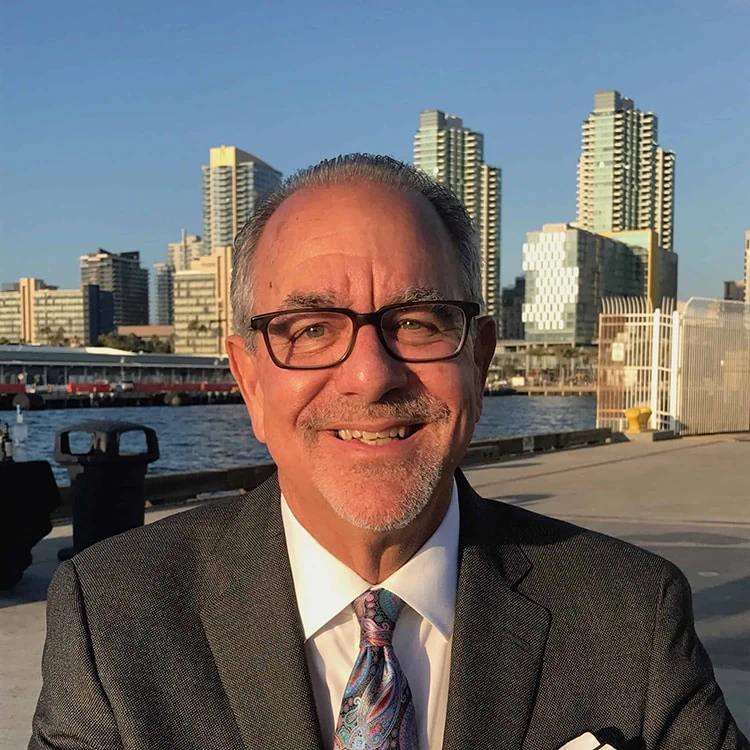
Veterans: Recognizing Anxiety and PTSD Symptoms
Many veterans live with symptoms of PTSD like depression and anxiety. When people first get sober, they often find that their emotions feel like they’re running haywire. Recognizing feelings is important, but for many people in recovery, it feels like foreign territory. And sometimes, those feelings may be symptoms of anxiety or PTSD.
When a person has PTSD, they may also have been self-medicating for a while. Anxiety can be an intense emotion when you’re first dealing with it. In the past, you may have self-medicated to get through the anxiety or isolated to avoid taking it out on others. Not all anxiety symptoms are apparent, so it’s important to recognize some of the less-obvious signs you’re anxious, too.
Here are some symptoms of PTSD and other anxiety disorders:
- Physical symptoms like shaking, a racing heart, or fast breathing.
- Anxiety attacks where you feel like you have trouble breathing or need to sit down.
- Trouble with sleeping or nightmares. Insomnia or difficulty staying asleep.
- Stomach issues, feeling sick when thinking about what causes anxiety.
- “Blanking out” or going numb when feeling stress.
- Avoiding things and procrastinating on specific tasks, especially those that make you feel anxious, making the anxiety snowball.
- Depersonalization - you may feel like what’s happening isn’t real, or it’s not really happening to you. You may feel like you “freeze.”
- Perfectionism to the point that you’re unable to get a task done.
- Low stress tolerance – you may be quick to anger when something doesn’t go your way or overreact to relatively minor stresses.
Addiction, Anxiety, and PTSD
PTSD is an anxiety disorder experienced by many people who have experienced a traumatic event. Many people who have been to war or through other traumatic experiences misuse substances like opioids to cope with their symptoms.
Self-medication doesn’t really work in the long run with PTSD; many people seeking relief from drugs only find that substance use causes more problems. You may feel you can’t cope with the day unless you use your drug of choice, and when you’re not high, you may experience intense anxiety, withdrawal symptoms, and other negative feelings that you’re not sure how to cope with.
This vicious cycle can make you feel hopeless, withdrawn, or alone, but the truth is that there’s help available. Whether this is the first, second, or thirtieth time you’ve tried to get help, we’re available to get you started on the road to recovery.
Getting Help for Addiction
You can reclaim your life and learn to cope with your anxiety and other PTSD symptoms. Getting help and getting sober are the first steps to building a new life. You deserve to have meaningful relationships and serenity in your life. We’re here to help.
We’ve helped many individuals who live with PTSD and addiction start the path to recovery. Learn more about how we can help by calling us at 619-452-1200.
Categories
news
